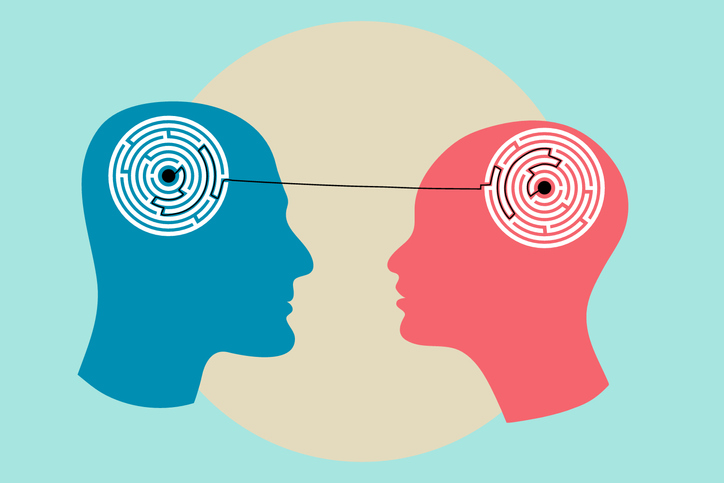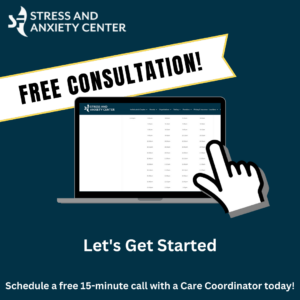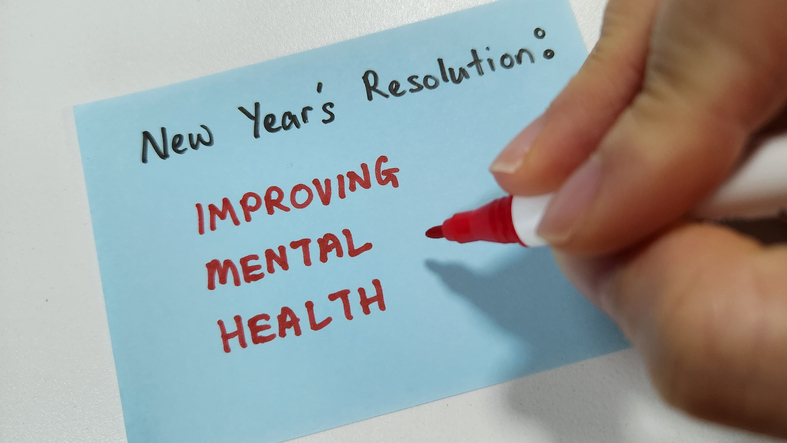Whether you’re exploring the idea of therapy or are certain that it’s time to get some help to support your mental health, the first step can be a challenging one—finding the right therapist. With many different types of mental health professionals to choose from, and different types of therapeutic approaches to consider, just getting started may seem overwhelming. Breaking down the factors to consider can help you figure out how to choose a therapist, getting you on the road to meeting your treatment goals and improving your well-being.
The Importance of a Good Match
Therapy often involves discussing highly personal topics, opening up in ways you never have before, and reexamining old beliefs. By its nature, it tends to be an uncomfortable process that can dredge up unwanted feelings, leaving you feeling vulnerable as you work toward building more positive patterns of thought and behavior. It’s essential to have a therapist you trust and with whom you feel comfortable for therapy to be effective. In fact, research shows that the quality of the therapeutic relationship between a patient and therapist is a reliable predictor of positive outcomes, regardless of the type of therapy.
This means that as you’re searching for a therapist, you can’t ignore what your gut tells you. If you meet with someone who doesn’t feel like the right fit for you after a few therapy sessions, no matter how highly qualified or enthusiastically recommended, it’s okay to say so! Better to continue to look than to force a situation that doesn’t quite work.
Knowing Why You Want Therapy
The reason why you’re looking for a therapist is a key component to narrowing down your search. Are you struggling with a mental health condition like anxiety or depression? Are you having trouble dealing with stress, and would like help developing healthier coping mechanisms? Are you having trouble navigating a significant life change? Have you lost somebody close and are looking for grief counseling? Most therapists specialize to a greater or lesser degree in their practice, so you should check to see that the concerns bringing you to therapy are within their area of expertise.
Certain therapeutic approaches may also be better suited to your issues, goals, and personality than others. For example, cognitive behavioral therapy (CBT), a type of therapy that identifies negative patterns of thought and behavior and replaces them with healthier skills to improve well-being, is effective in treating problems such as anxiety, depression, obsessive compulsive disorder (OCD), eating disorders, and substance abuse. Acceptance and commitment therapy (ACT) is another type of therapy used to treat many of the same issues with a mindfulness approach that changes a person’s relationship with their negative thoughts, rather than trying to change the thoughts themselves. Both can potentially be effective, but it will likely depend a great deal on the individual. Thus, if a certain type of treatment sounds like it might work for you, finding a provider trained in it may also help you find a good fit for therapy.
Professional Qualifications
As part of considering a potential therapist, you should confirm that they are properly licensed to practice. However, therapists don’t all hold the same credentials—professionals you might be considering could include psychologists, licensed clinical social workers, licensed marriage and family therapists, or licensed professional clinical counselors. In other words, not all therapists are psychologists, and the education level each specialist has will vary depending on the requirements for their professional licensure.
Is one type better than another? Not necessarily. The type of therapist that will be best for you will depend more on whether their specialty aligns with your needs and whether or they’re a good fit for you than it will on what degree is hanging on their office wall.
Finding Possibilities
People looking for a therapist can use any of several resources to find providers that match what they’re looking for. Sometimes, family and friends recommend therapists that they’ve had good experiences with—while that can work, keep in mind that those close to you may not have sought therapy for the same reasons you did. You should give those recommendations the same scrutiny you would to any potential therapist.
Another resource that can be used is the list of providers maintained by your insurance company, if your plan includes mental health coverage. While this can be helpful in determining who might accept your insurance, there’s no guarantee that you’ll be able to find an available specialist in your area without a significant wait. In addition, insurance may apply additional constraints on the amount or frequency of your therapy sessions. Being willing to consider out of network providers may be your best bet for finding the right therapeutic fit both in terms of provider and course of treatment.
Online directories maintained by mental health organizations and other groups may also let you search for therapists in your area. Knowing what condition or issue you’d like to get help for can help refine your search results, but it can still require significant work to create a manageable list of providers who are accepting patients and have the right specialty, to say nothing of finding the right one.
Making It Easy to Find Your Match
Because we know that a good fit is such an important part of setting the stage for success in therapy, at SF Stress each patient starts with a complimentary call with one of our compassionate Care Coordinators. This fifteen-minute intake call is designed to explore what you’re looking for with therapy, what type of therapy is most suited for your needs and preferences, and ultimately, which therapist in our network of over 40 licensed psychologists and counselors will be the right match for you. Rather than waiting endlessly for providers to call you back, you can schedule your consultation right away—we’re usually able to accommodate same-day or next-day consultations. We offer both in-person and online therapy to make treatment accessible and convenient.
If you’re tired of waiting to get started on improving your mental health, SF Stress & Anxiety Center can help. Schedule your free consultation today to find the right therapist for you.










